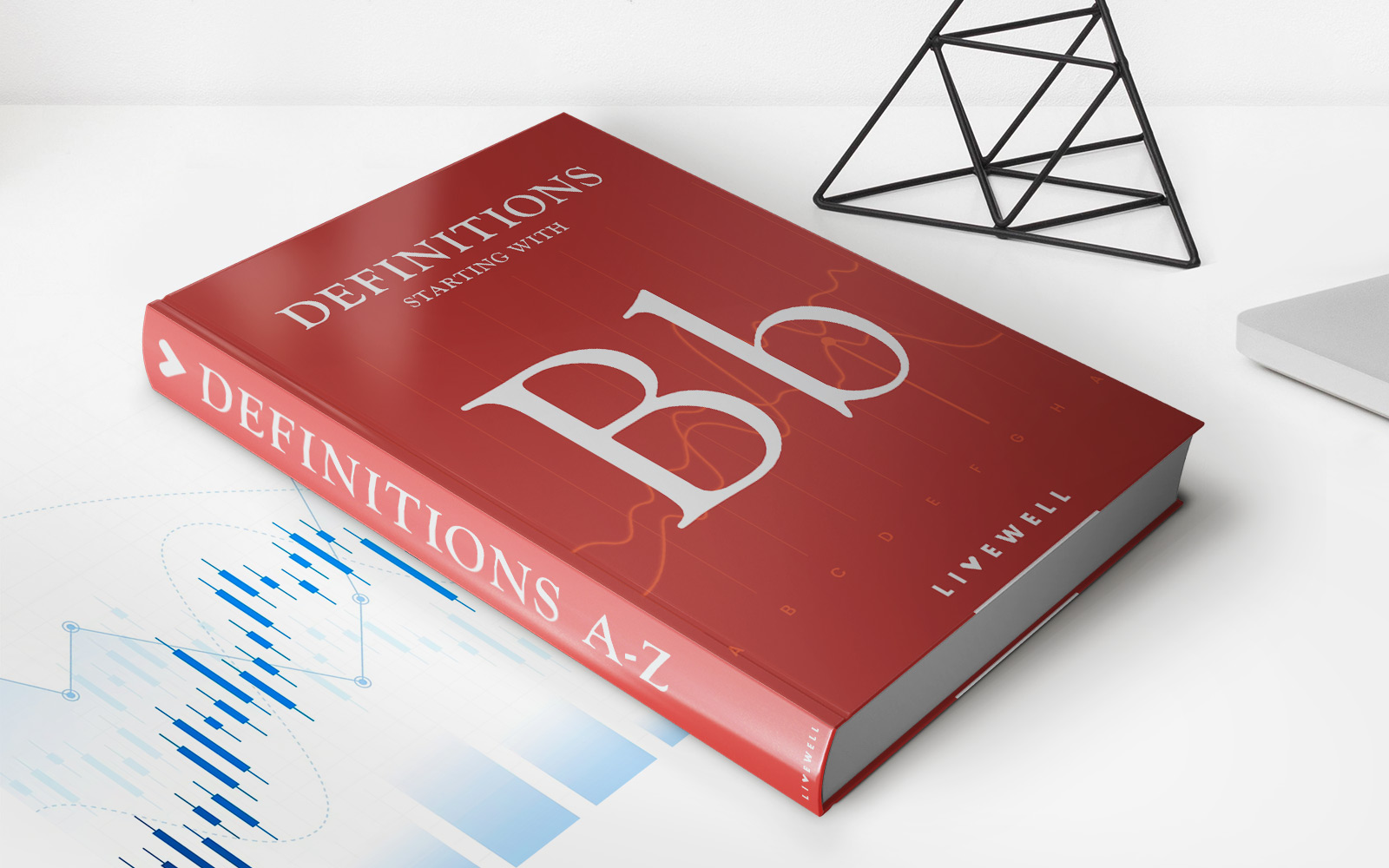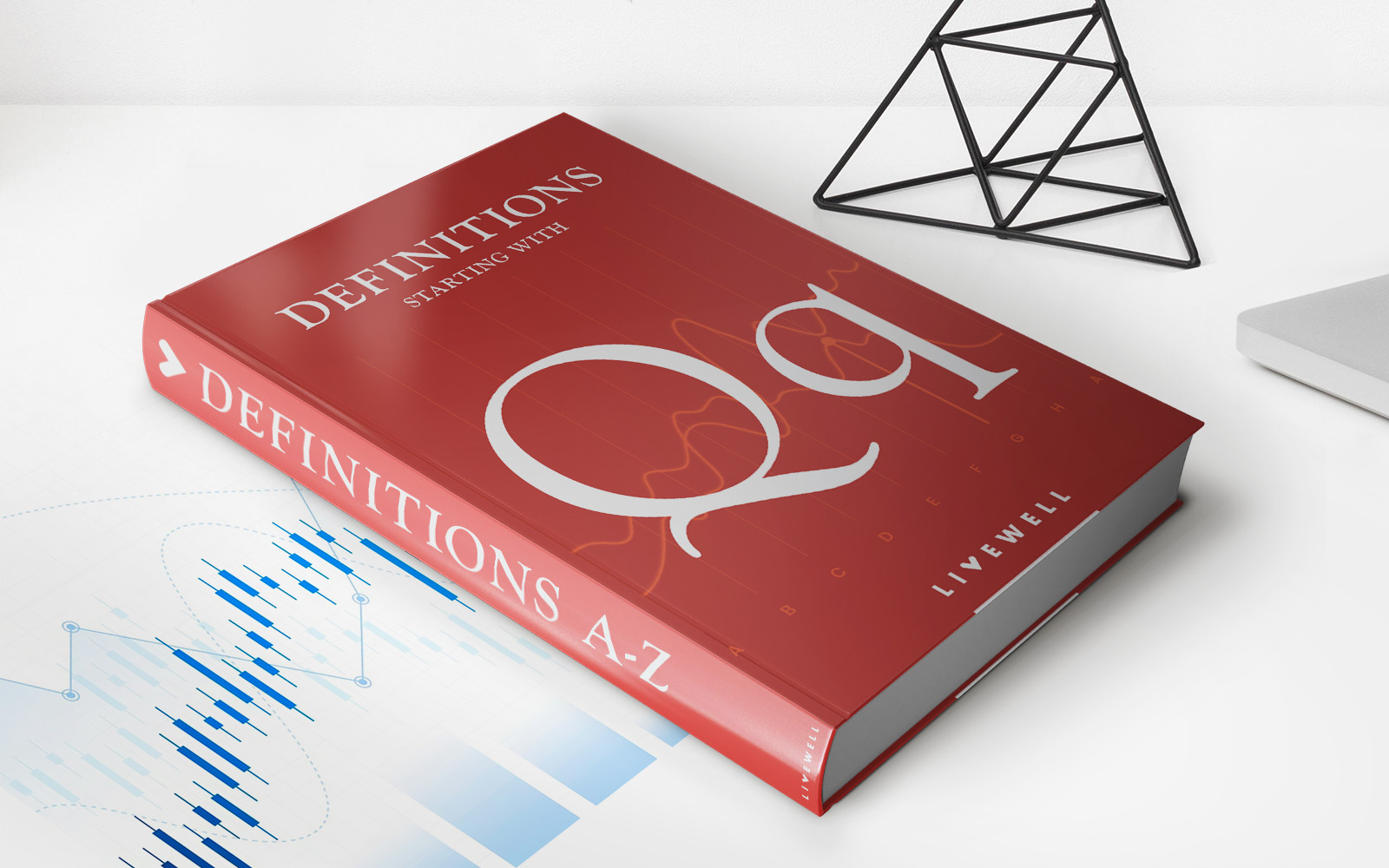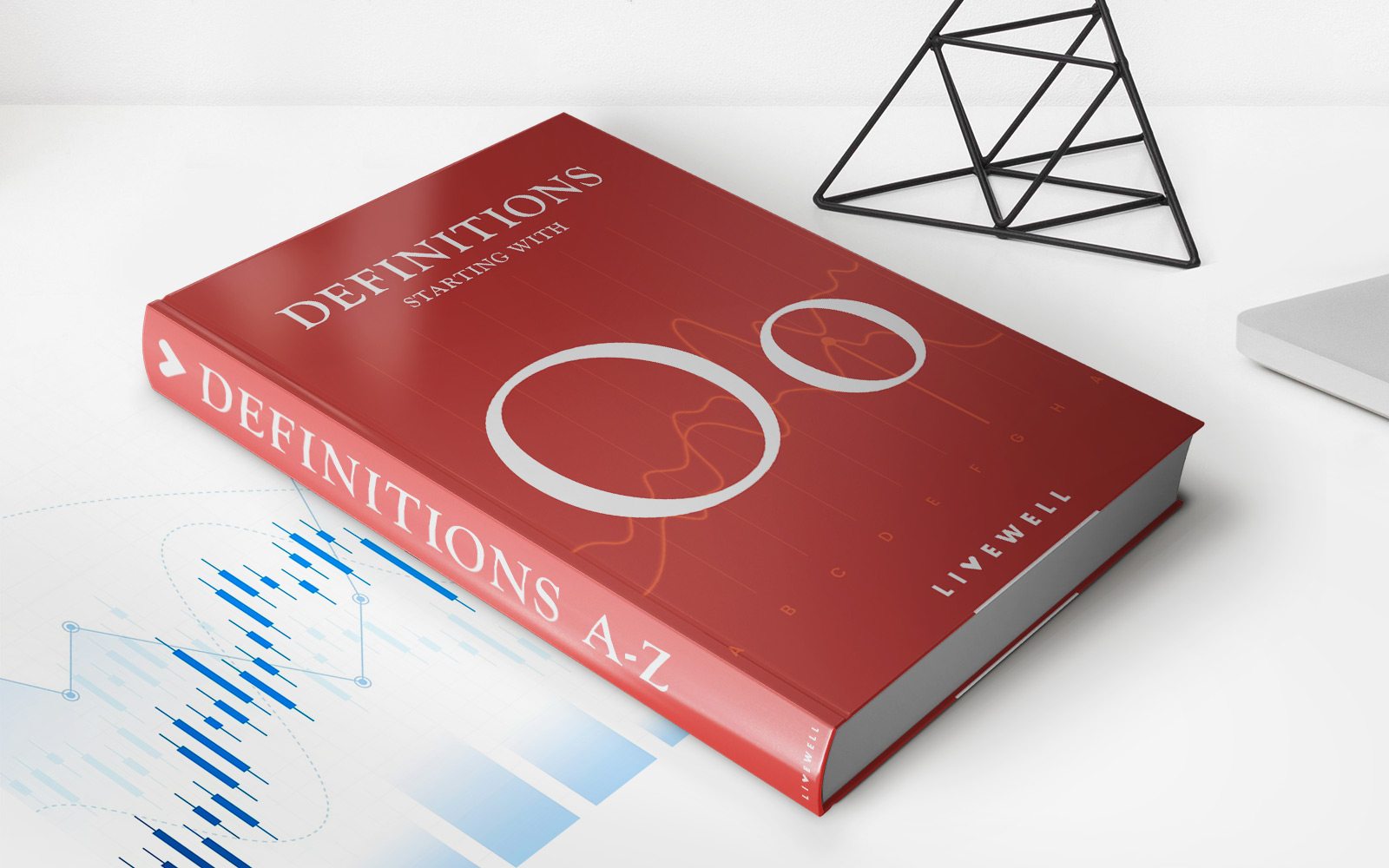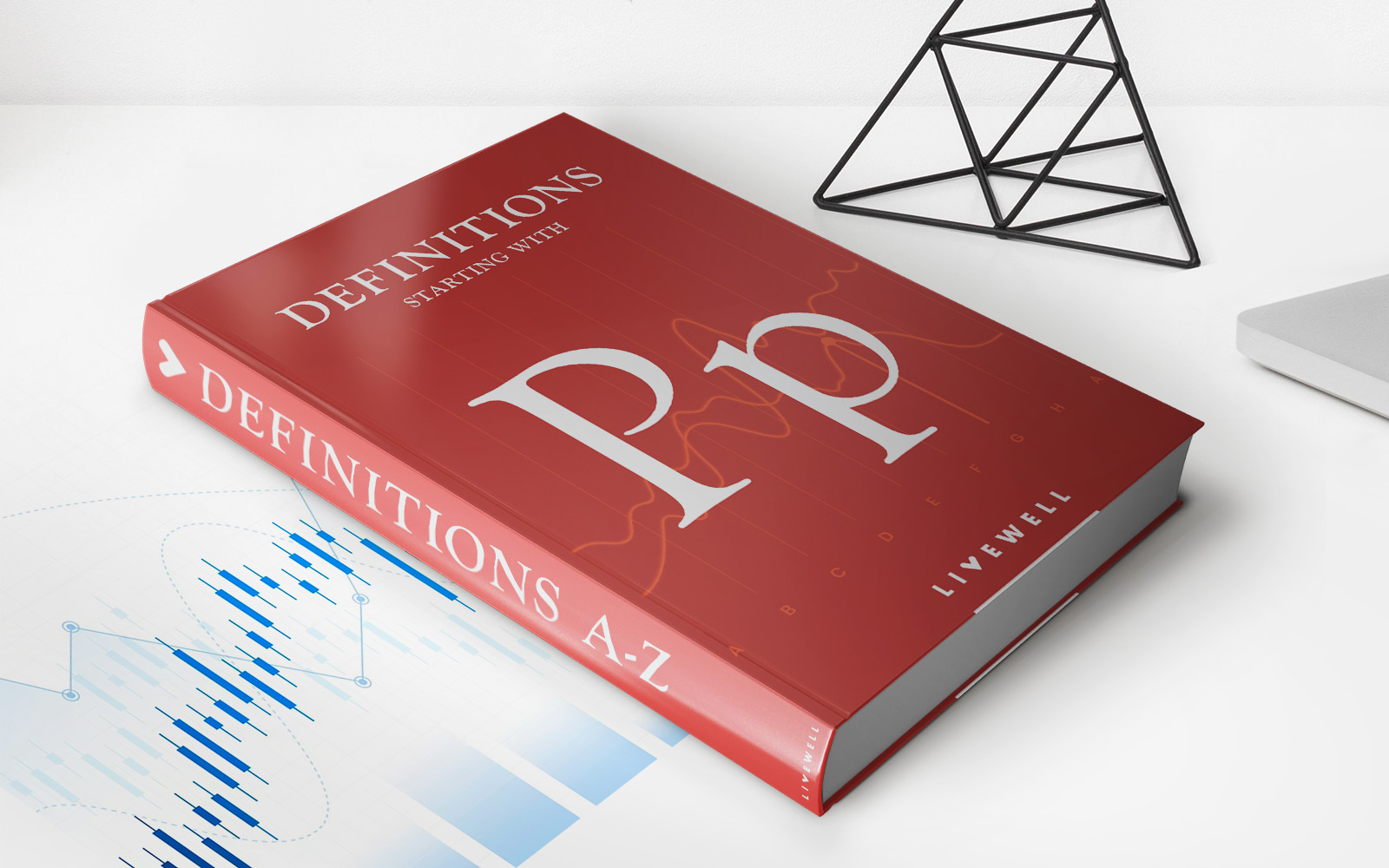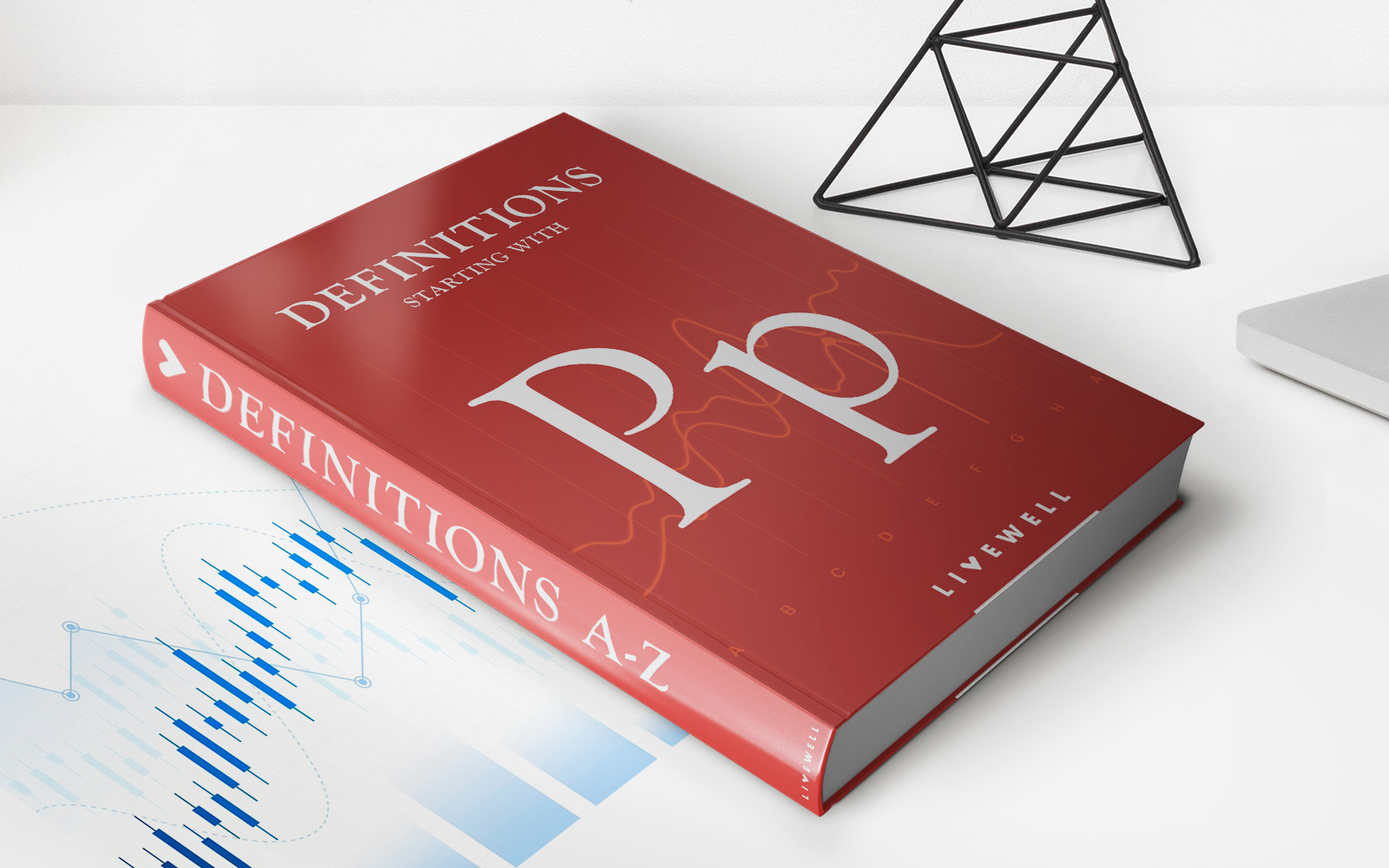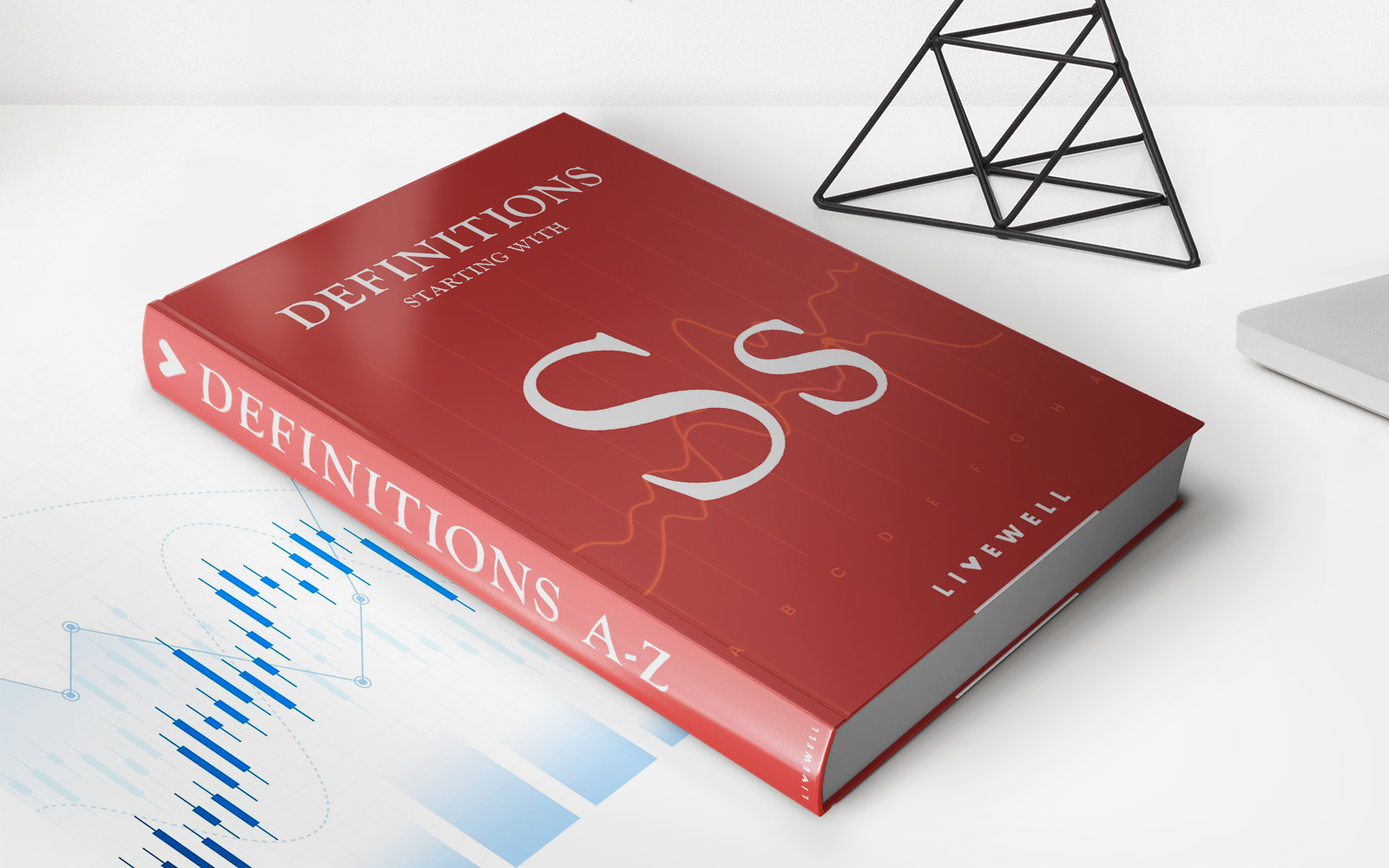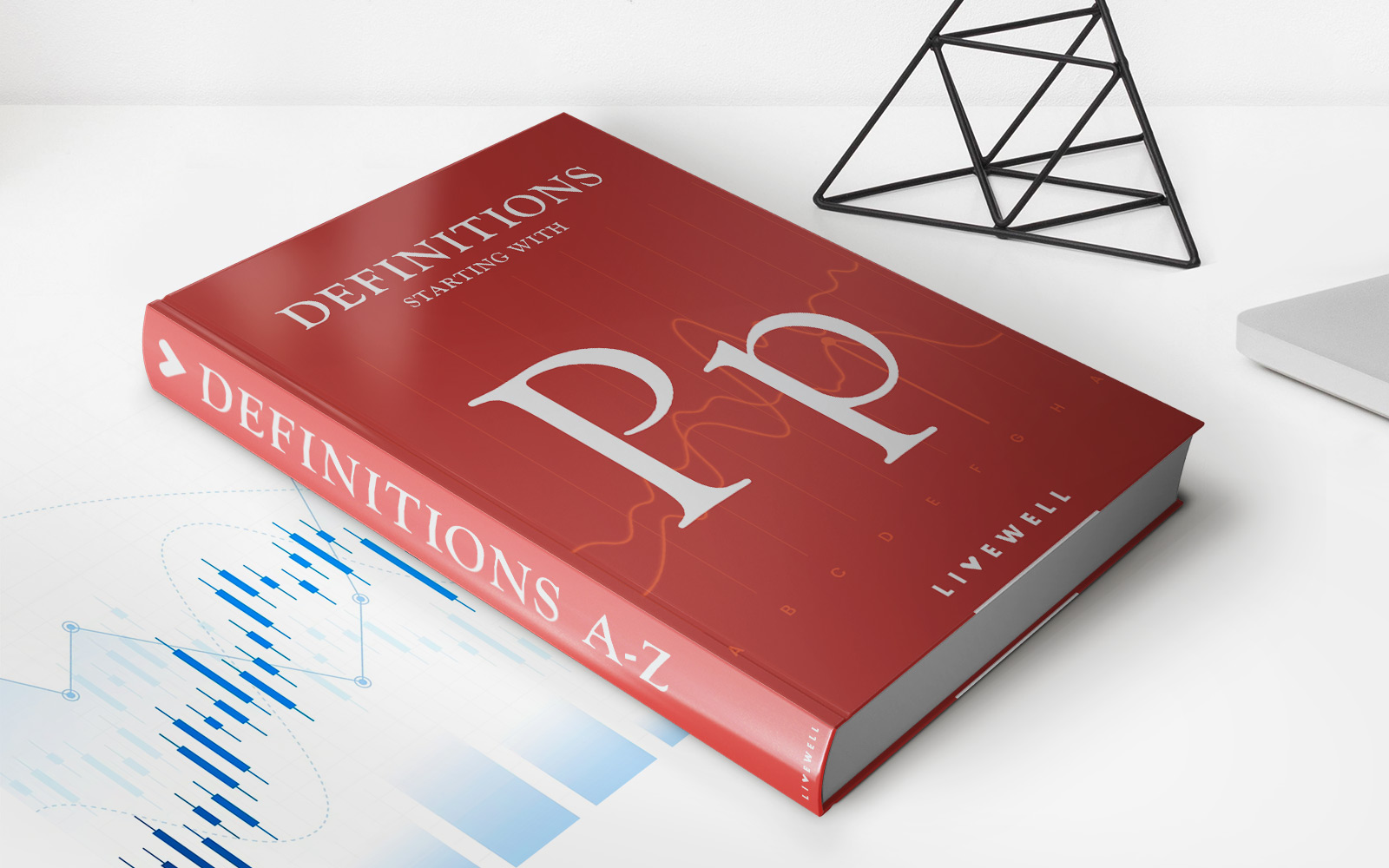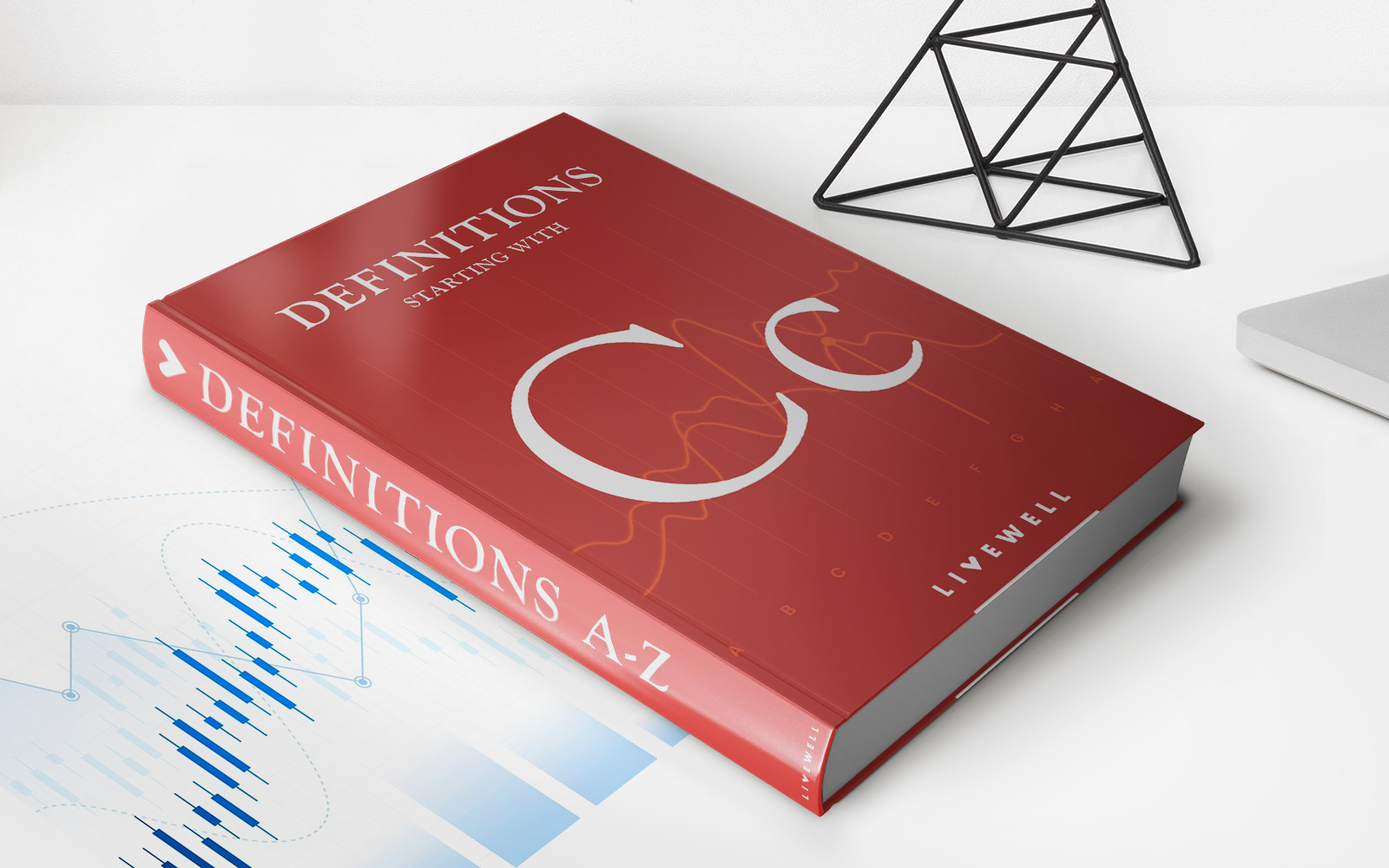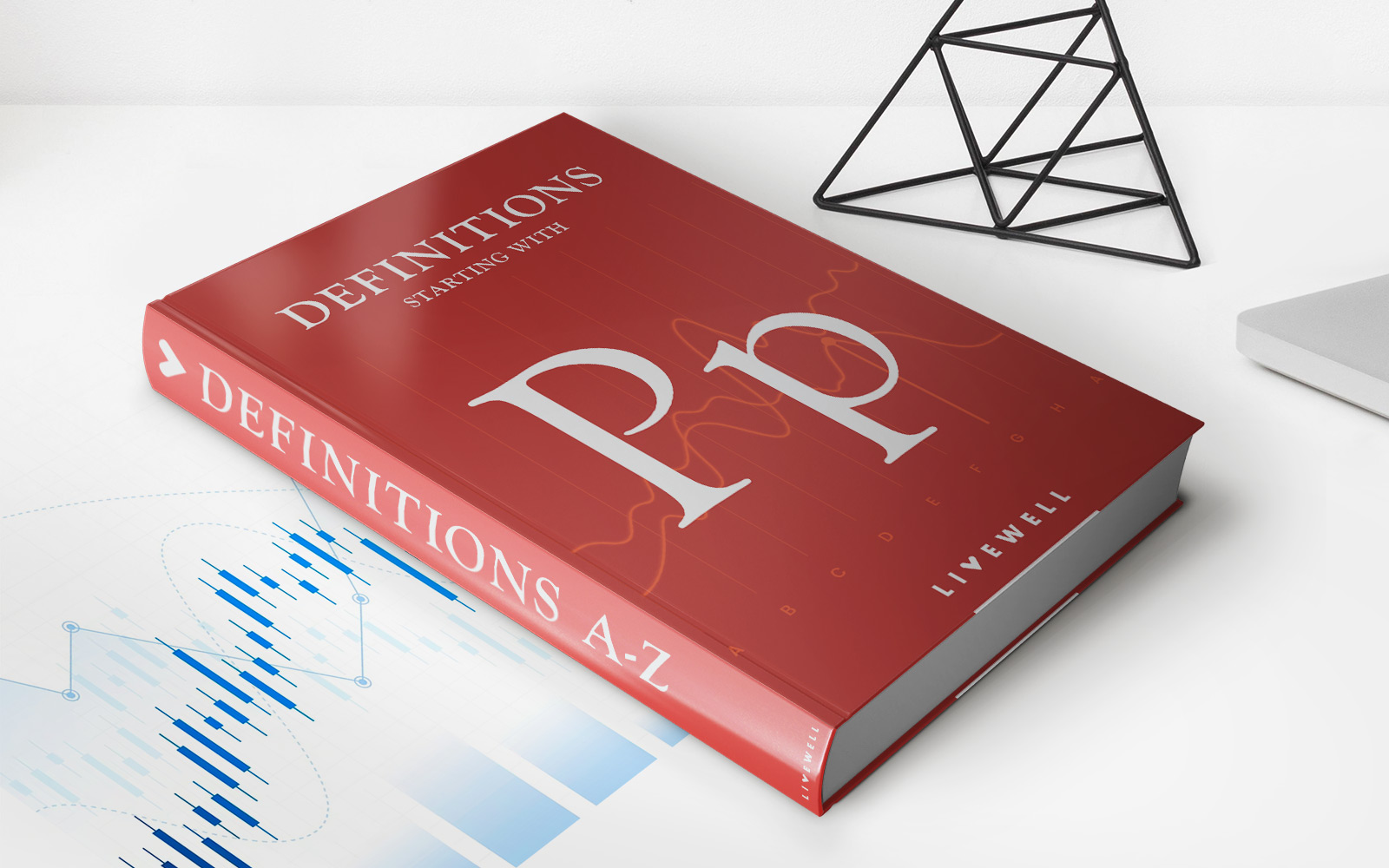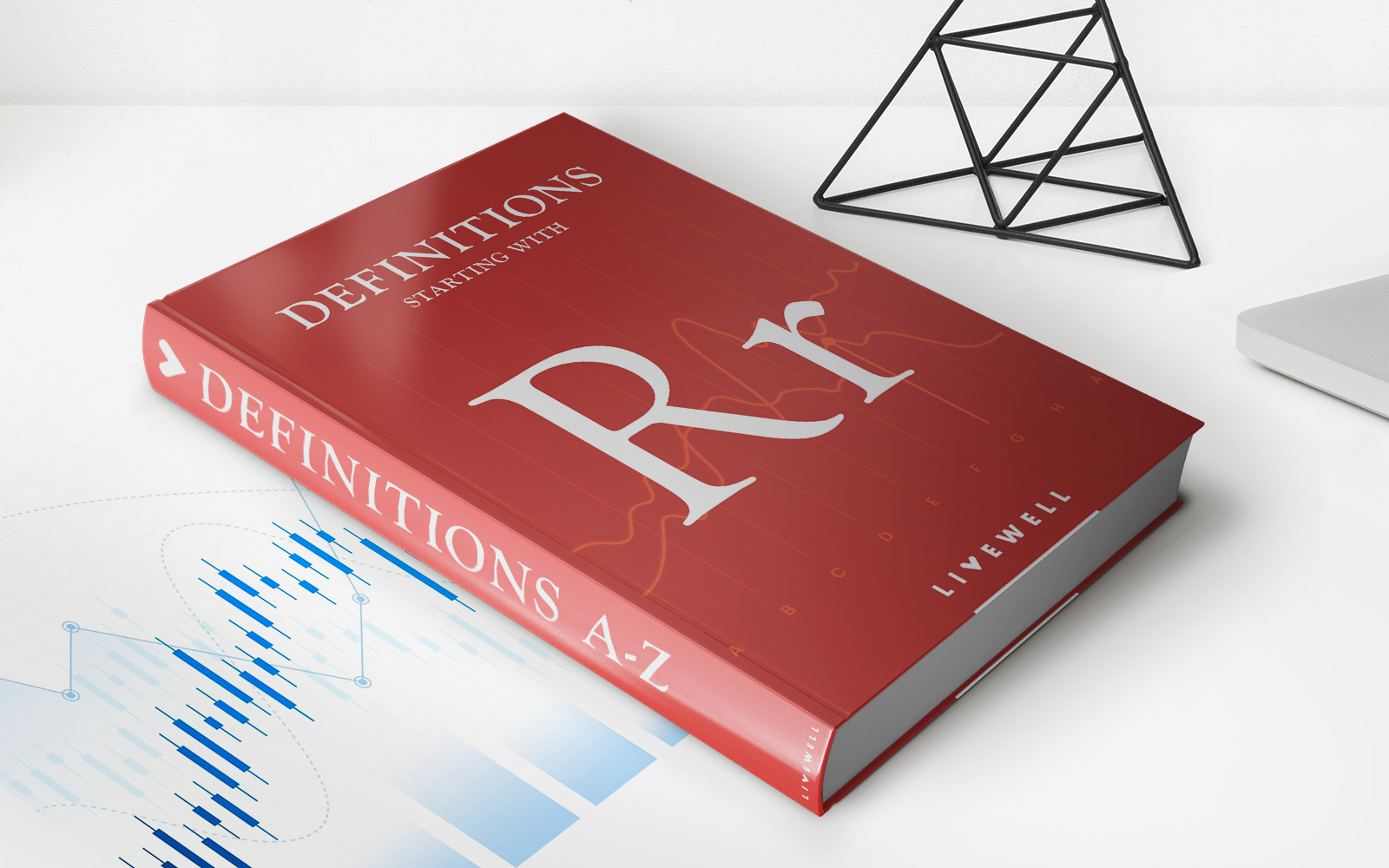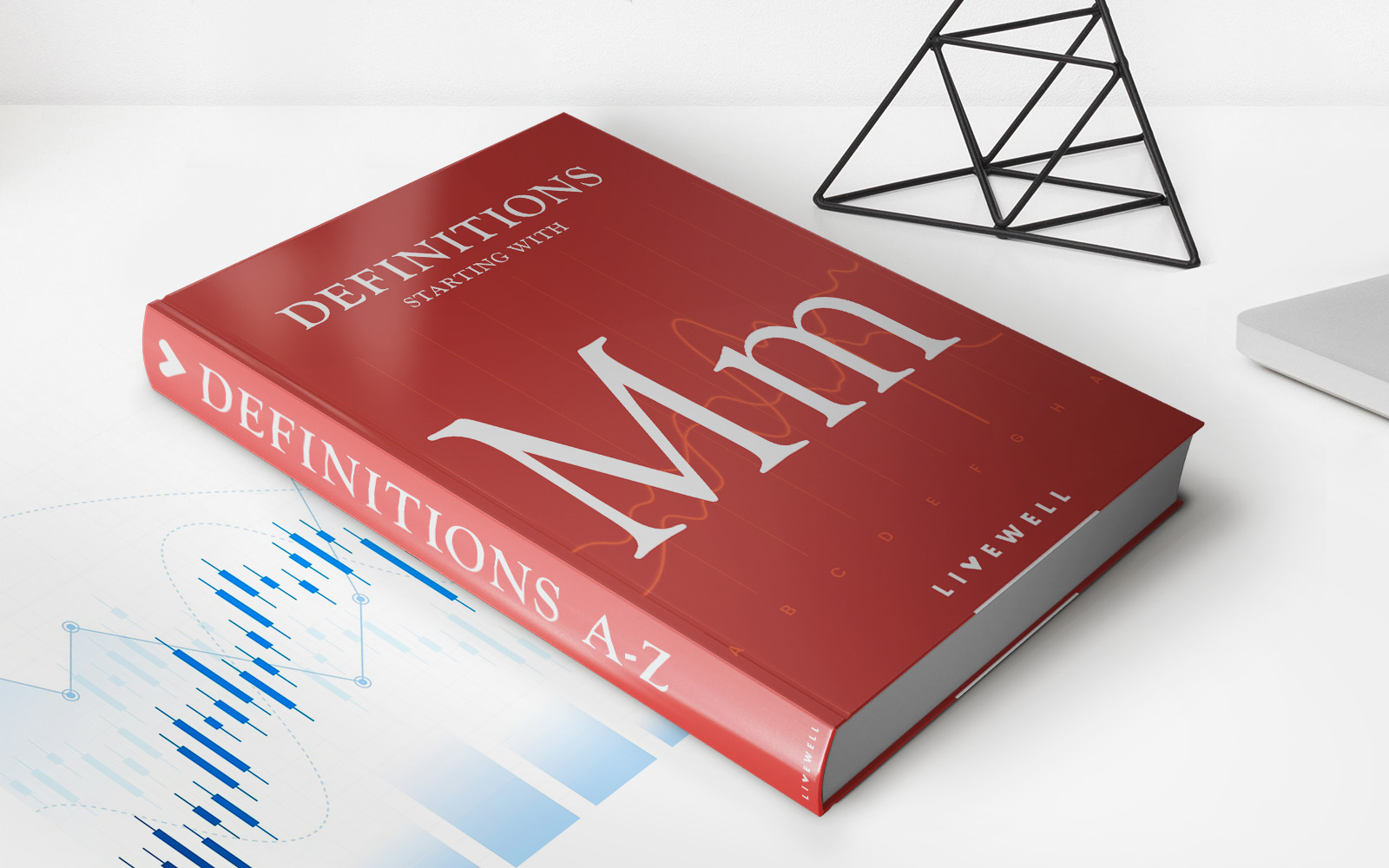Home>Finance>Quid Pro Quo: Definition, Examples, And Legality
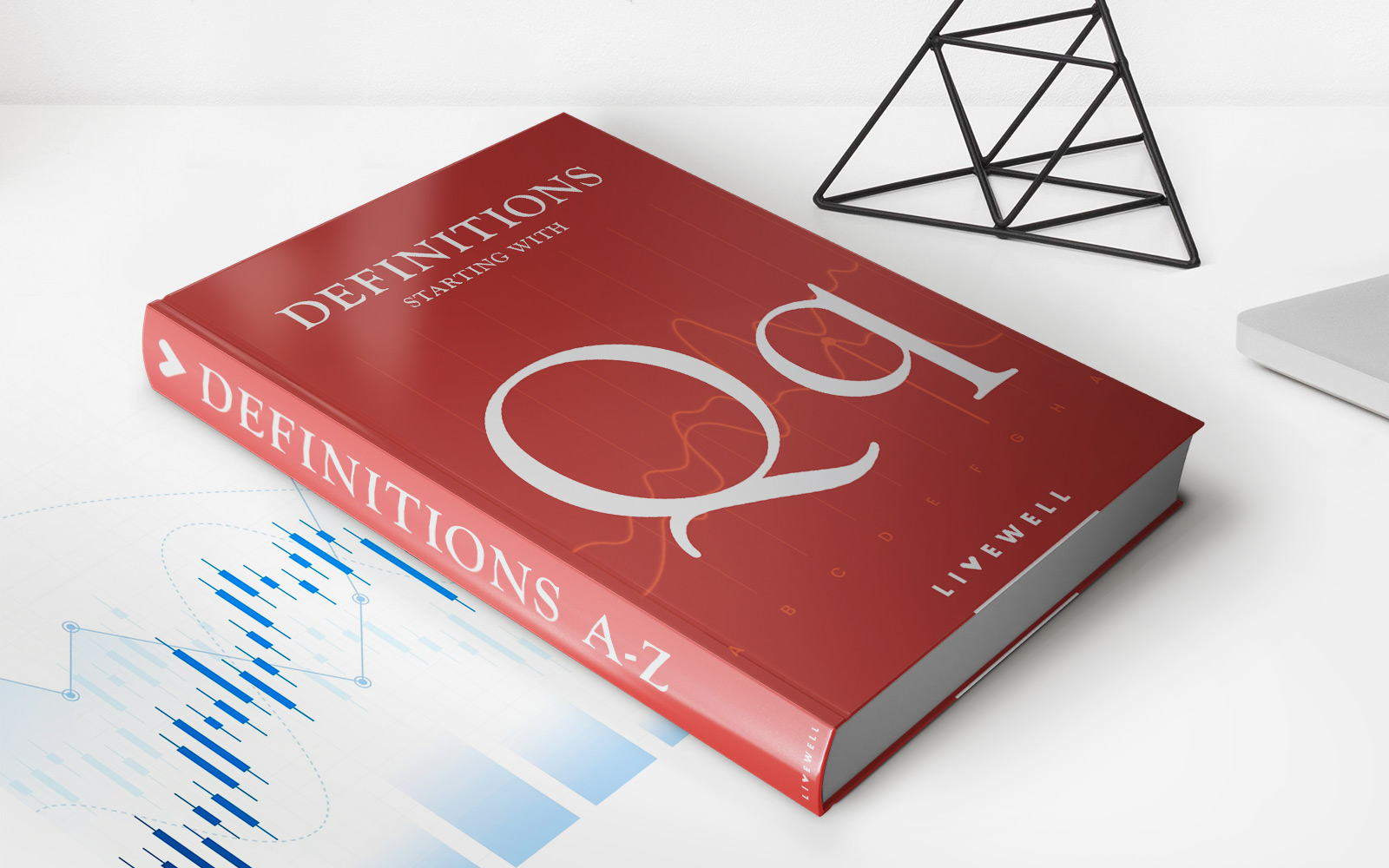

Finance
Quid Pro Quo: Definition, Examples, And Legality
Published: January 15, 2024
Learn about the concept of quid pro quo in finance, including its definition, examples, and legality. Understand how this transactional practice operates within the financial industry.
(Many of the links in this article redirect to a specific reviewed product. Your purchase of these products through affiliate links helps to generate commission for LiveWell, at no extra cost. Learn more)
Quid Pro Quo: Definition, Examples, and Legality
Welcome to our Finance category blog post where we delve into the fascinating world of quid pro quo. If you are wondering what quid pro quo means, how it works, and its legality, you have come to the right place. In this article, we will provide a comprehensive overview of quid pro quo, including its definition, examples of quid pro quo situations, and its legal considerations.
Key Takeaways:
- Quid pro quo is a Latin phrase that translates to “something for something” and refers to a mutual exchange or transaction of goods, services, or favors.
- It can be both legal and illegal, depending on the context and circumstances surrounding the exchange.
What is Quid Pro Quo?
When we talk about quid pro quo, we are essentially discussing a transaction where one party provides something of value in exchange for receiving something else in return. The phrase itself comes from Latin and directly translates to “something for something.” In various contexts, quid pro quo can take on different forms and may involve different types of exchanges, whether it’s a business transaction, an interpersonal agreement, or even a political favor.
Quid pro quo can occur in both formal and informal settings and can involve tangible items like money, goods, or services, as well as intangible elements, such as favors, influence, or privileges. Let’s explore a few examples to better understand how quid pro quo works in different scenarios.
Examples of Quid Pro Quo
1. Business Transactions:
In the business world, quid pro quo often manifests in contracts or negotiations. For instance, a company may offer a vendor exclusive rights to sell their products in exchange for discounted pricing. Similarly, a business might offer a potential partner access to their customer base in return for their expertise or technology.
2. Employment and Compensation:
In the job market, quid pro quo can refer to situations where an employee is promised certain benefits or advantages in exchange for performing specific tasks or fulfilling certain requirements. This could include promotions, salary increases, or even non-monetary compensation such as flexible work hours or additional vacation time.
3. Political Favoritism:
In the realm of politics, quid pro quo can involve the exchange of favors or influence. This could occur when a politician promises support or resources to another politician or organization in exchange for their cooperation on a particular issue or for their votes on certain legislation.
Legality of Quid Pro Quo
Now, let’s explore the legal considerations surrounding quid pro quo. While quid pro quo exchanges are not inherently illegal, they can cross a line when they involve illicit activities, coercion, or bribery. In many jurisdictions, “quid pro quo” takes on a negative connotation when it involves the exchange of goods or services for something that is illegal or goes against public or professional ethics.
It is essential to differentiate between lawful and unlawful acts when it comes to quid pro quo. Lawful quid pro quo transactions are typically characterized by transparency, mutual understanding, and compliance with applicable laws and regulations. However, if the exchange involves illegal, unethical, or fraudulent activities, it can lead to severe legal consequences for all parties involved.
In Conclusion
Quid pro quo is a concept that can be found in various aspects of life, from business transactions to interpersonal relationships and politics. Understanding its definition, examples, and legality is crucial to navigate these situations with integrity and compliance. Remember, while quid pro quo exchanges can be mutually beneficial and lawful, it is essential to stay within the bounds of legality and ethics to avoid any potentially harmful consequences.

